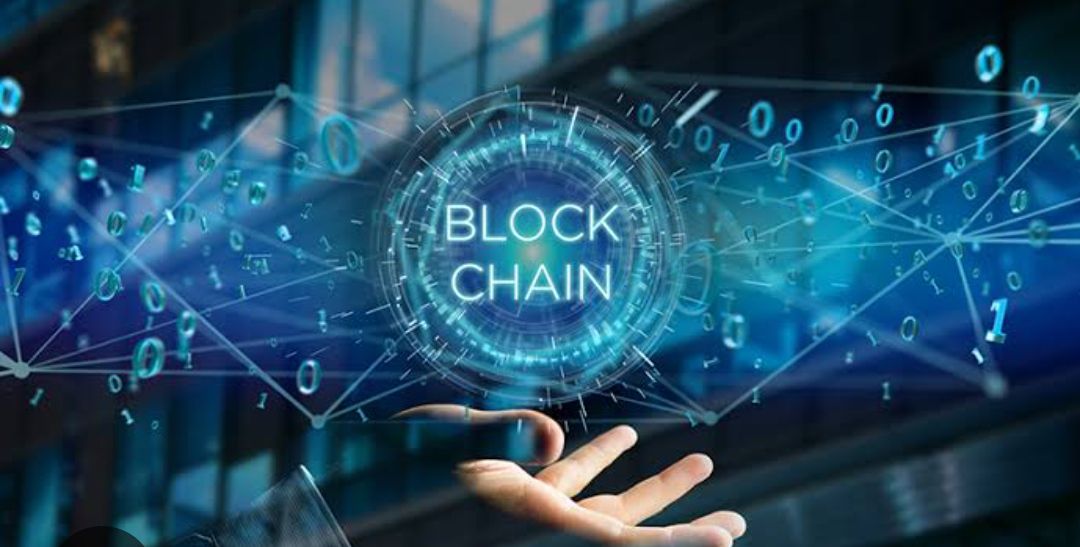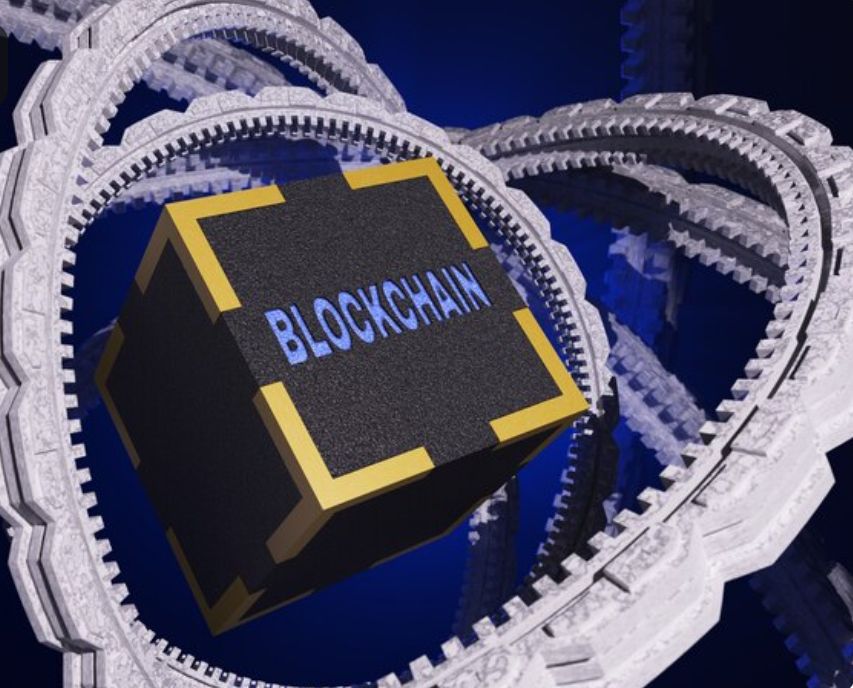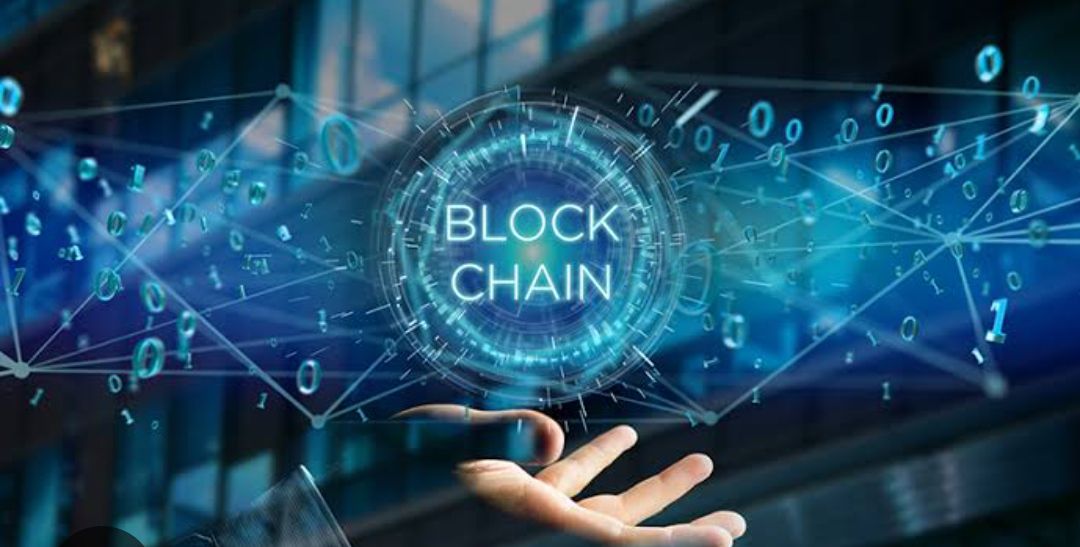
In an era marked by rapid technological advancements, blockchain technology is emerging as a transformative force in various sectors, including education. By providing a secure, transparent, and decentralized way to manage records, blockchain holds the potential to revolutionize how educational institutions store and verify academic credentials.
What is Blockchain?
Blockchain is a distributed ledger technology that enables secure, transparent, and tamper-proof recording of transactions across a network of computers. Each transaction is stored in a “block” and linked to the previous one, forming a “chain” of records. This decentralized nature ensures that the data is immutable and accessible to authorized users only.
The Current Challenges in Educational Record-Keeping
Educational institutions traditionally rely on centralized databases to manage student records, which can be vulnerable to hacking, data breaches, and administrative errors. Additionally, the process of verifying academic credentials can be cumbersome and time-consuming for employers and other institutions.

How Blockchain Addresses These Challenges
Security and Privacy: Blockchain’s cryptographic nature ensures that records are secure and cannot be altered without detection. This provides a robust solution to data breaches and unauthorized access.
Transparency and Trust: All transactions on a blockchain are transparent and traceable, fostering trust among stakeholders. Students, employers, and institutions can verify academic records with confidence.
Efficiency: Blockchain streamlines the verification process by providing instant access to authenticated records. This eliminates the need for intermediaries and reduces administrative burdens.
Portability: Students can have lifetime access to their academic records, which are stored on the blockchain. This portability ensures that records are always available and verifiable, no matter where the student goes.
Real-World Applications of Blockchain in Education
Credential Verification: Institutions like MIT and the University of Nicosia are already issuing digital diplomas on the blockchain, making it easier for employers to verify credentials.
Student Identity Management: Blockchain can provide a secure and unified student identity system, reducing the risk of identity theft and simplifying the enrollment process.
Smart Contracts: Blockchain can facilitate smart contracts for managing tuition payments, scholarships, and grants. These contracts automatically execute when predefined conditions are met, ensuring transparency and accountability.
Academic Publishing: Blockchain can enhance the academic publishing process by providing a transparent and tamper-proof record of research outputs, peer reviews, and citations.
The Future of Blockchain in Education
As blockchain technology continues to evolve, its integration into the education sector is expected to grow. Future applications may include:
Decentralized Learning Platforms: Blockchain could support decentralized platforms where students can access courses, earn credits, and receive certifications directly.
Micro-Credentials: Blockchain can facilitate the issuance of micro-credentials, recognizing specific skills and competencies acquired through short courses or professional development programs.
Collaborative Research: Researchers can collaborate on blockchain-powered platforms, sharing data and findings in a secure and transparent manner.
Conclusion
Blockchain technology offers a revolutionary approach to securing and managing educational records. By addressing current challenges and providing a secure, efficient, and transparent solution, blockchain has the potential to transform the education sector. As institutions and policymakers explore this technology, the future of education looks promising and innovative.
Stay ahead of the curve with the latest insights on educational technology! Subscribe to our newsletter for more articles on cutting-edge innovations in education.
By understanding and leveraging the potential of blockchain, educators and institutions can pave the way for a more secure, efficient, and transparent future in education. Join us on this journey and stay informed about the latest trends and developments in the world of educational technology.









